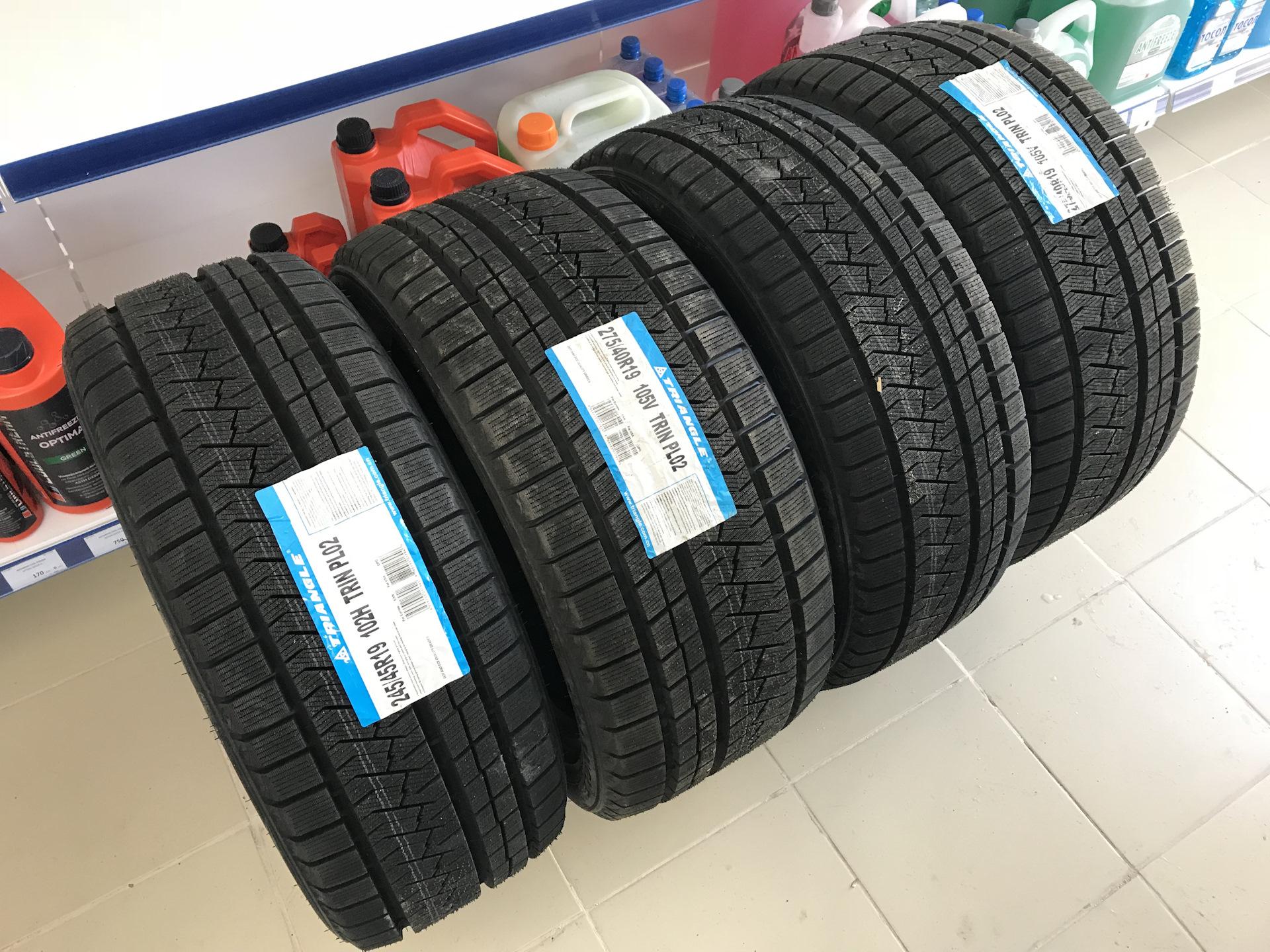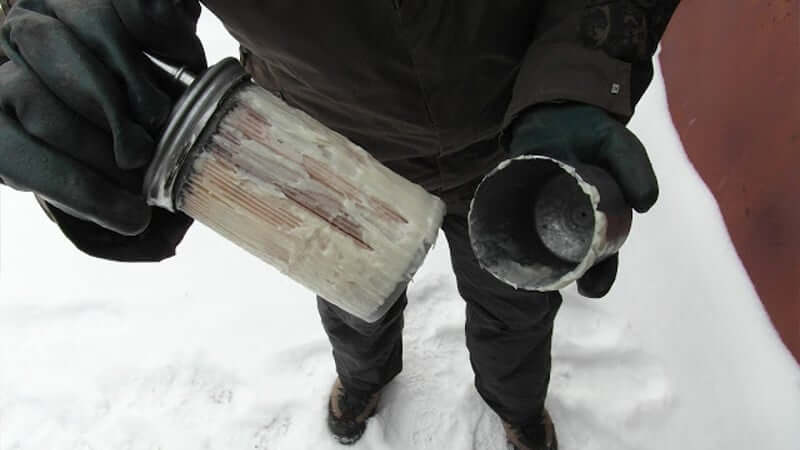
Freezing fuel. How to avoid it?
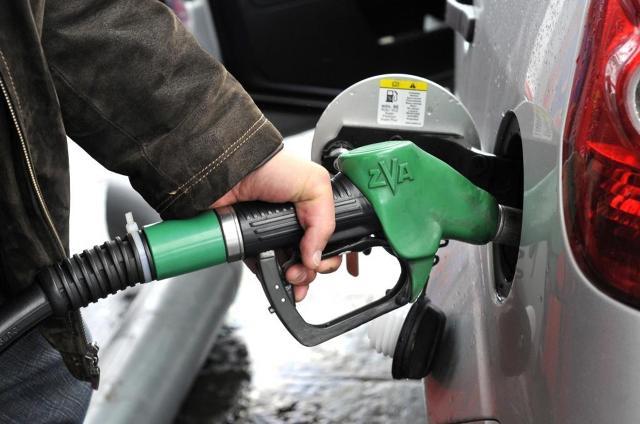 The sharp drop in temperature could not but affect motorists. Some cars were stopped due to dead batteries. Others stopped supplying fuel. Diesel fuel is particularly susceptible to "freezing".
The sharp drop in temperature could not but affect motorists. Some cars were stopped due to dead batteries. Others stopped supplying fuel. Diesel fuel is particularly susceptible to "freezing".
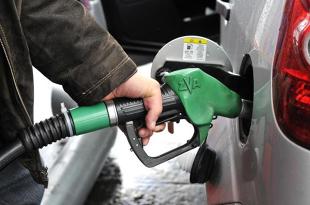 "Freezing" is the crystallization of paraffins in diesel fuel. It has the form of flakes or tiny crystals that enter the fuel filter, clogging it, blocking the flow of diesel fuel into the combustion chambers.
"Freezing" is the crystallization of paraffins in diesel fuel. It has the form of flakes or tiny crystals that enter the fuel filter, clogging it, blocking the flow of diesel fuel into the combustion chambers.
Diesel fuel is of two types - summer and winter. The dates of their availability are officially defined. The right fuel arrives at the dispensers at the right time. In summer, oil can freeze even at 0°C. Transitional oil found at stations from October 1 to November 15 freezes at -10°C, and winter oil, located in distributors from November 16 to March 1, properly enriched, freezes below -20°C (winter group F), and even -32°С (diesel fuel of the arctic class 2).
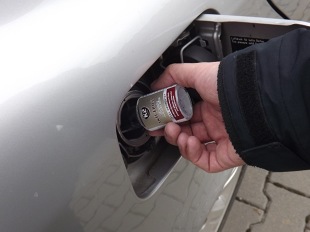 However, it may happen that a little warm fuel remains in the tank, which will clog the filter. How to behave in such a situation?
However, it may happen that a little warm fuel remains in the tank, which will clog the filter. How to behave in such a situation?
The place where the fuel freezes is often hard to find. A proven, albeit long-lasting, way is to put the car in a heated garage. Unfortunately, such defrosting takes much longer. It is much better to use fuel additives that bind water and prevent paraffin precipitation.
Gasoline cannot be added to diesel fuel. Older diesel engine designs could handle this mixture, but in modern engines it can lead to a very costly failure of the injection system.
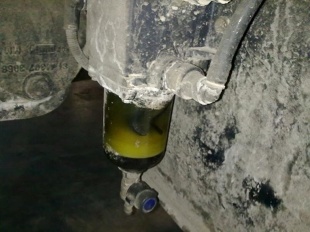 Also on sale there are additives to gasoline. They bind water at the bottom of the tank, thawing the fuel and preventing it from freezing again. Also, do not forget to drive with the most full tank in winter, this procedure not only protects against corrosion, but also makes it easier to start the engine. When gasoline is cold, it does not evaporate well. This makes it difficult to ignite the mixture in the cylinder, especially when it is of lower quality.
Also on sale there are additives to gasoline. They bind water at the bottom of the tank, thawing the fuel and preventing it from freezing again. Also, do not forget to drive with the most full tank in winter, this procedure not only protects against corrosion, but also makes it easier to start the engine. When gasoline is cold, it does not evaporate well. This makes it difficult to ignite the mixture in the cylinder, especially when it is of lower quality.
Investing about a dozen zlotys in fuel additives in winter is a really good idea. In addition to saving time, the driver will avoid additional stress associated, for example, with commuting. Also, there is no need to look for patents for quick defrosting of fuel, which can turn out to be costly in terms of consequences.
